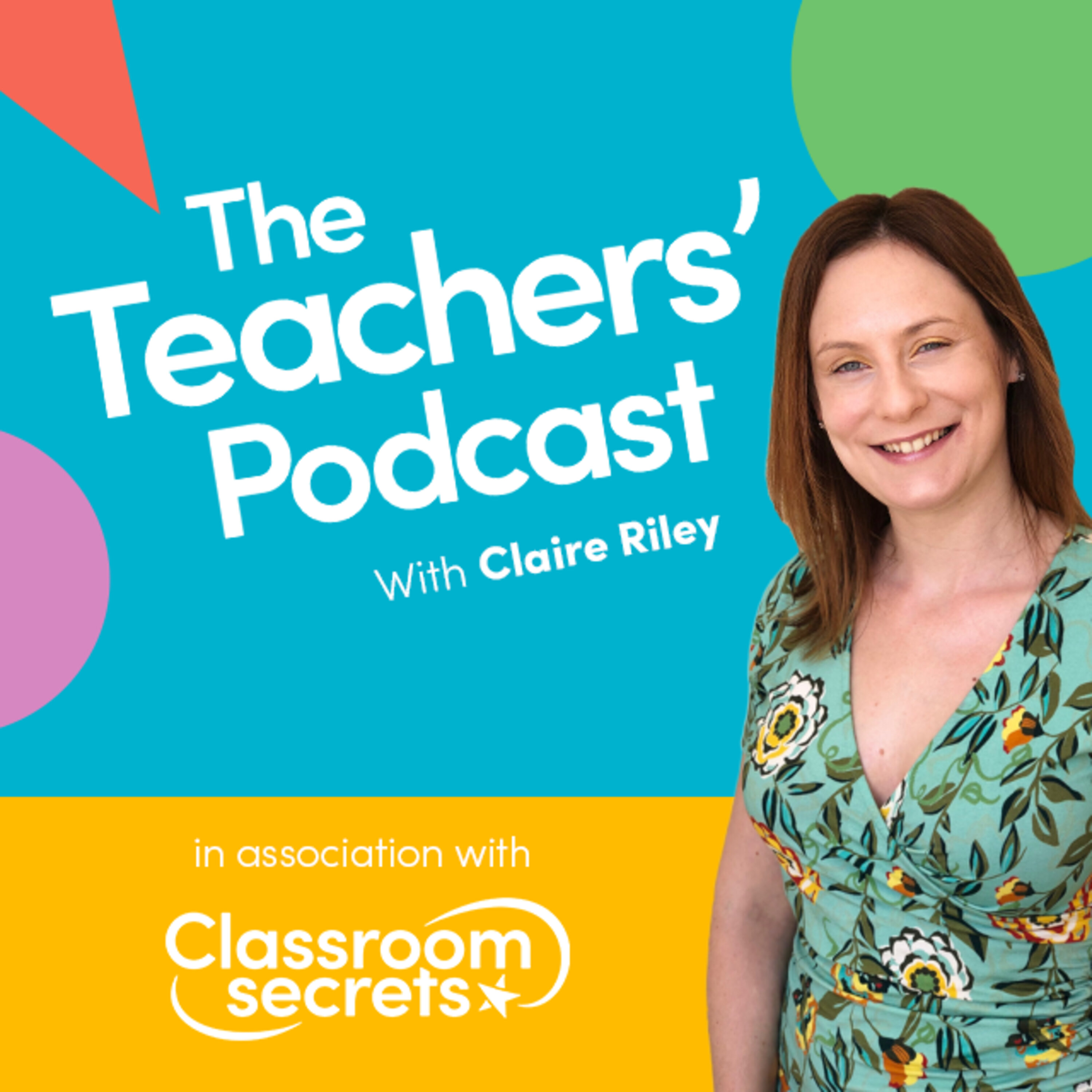Understanding trauma in the classroom: Noureen Lakhani, trainee Educational Psychologist
Description
EPISODE NOTES
In this episode, Claire talks with Noureen Lakhani, a trainee Educational Psychologist to discuss the impact of trauma on children’s learning.
For over three years, Noureen has explored her interest in child psychology: in particular looking at how children’s brains develop and investigating the barriers which might impact on learning and education. Noureen discusses the effects of trauma on children and young people’s lives and how professionals can better understand these experiences.
KEY TAKEAWAYS
Trauma: a reaction to an event outside the range of usual human experiences.
If a person reacts to an event in a way that is unusual to other people, or the individual is very distressed, then they have experienced trauma. It may be just one distressing event that an individual encounters, but the effects of that can be vast and could influence many areas of that person’s life. The traumatic experience might occur in childhood but a person might not see the effects of it until later in life.
The importance of building relationships with children and young people.
Invest time to allow children to become more comfortable and confident with engaging in conversations, and repeat these experiences. Over time, children will understand that their teacher cares about them, notices them, is interested in hearing what they have to say, and this will hopefully lead to them feeling safe and secure enough to talk about their experiences.
Have your say in a national research study.
Noureen is currently carrying out a research project exploring teachers’ views on working with children who have experienced trauma. Anybody working in a UK state-funded nursery, primary or secondary school can participate. The ten-minute survey can be completed online and the link can be found below or via Noureen’s Twitter page: @noureen_lakhani
BEST MOMENTS
“At the tip of the iceberg you might see someone whose behaviour is confusing or someone who is not progressing at the expected rate of learning. However, when you get underneath the surface of the iceberg, you will see there might be a whole range of unmet needs or gaps in the foundations as a result of the early experiences of trauma.”
“Every behaviour that a child is using is a form of communication to us as the adults, as the teachers; and it’s really our ‘in’ to see if we can find out what they are trying to communicate to us.”
“Be aware of your own thoughts, your own views, your own biases towards trauma, towards systems, your own beliefs, your own privileges, your own responses to things. All of these are incredibly important.”
“It’s so important to know that you cannot pour from an empty cup. As teachers, we need to be reflective and introspective and look after our own needs especially if we’re working with children who have experienced trauma.”
“[Trauma is] a very emotional wound. It comes from a very shocking event, repeated life threats, or frightening experiences that might cause very negative, long-lasting effects. It can start from childhood and it can have such huge impacts on your academic functioning, your emotional relationships and the way you respond to everyday situations.”
“What’s important to realise is that not everyone who experiences adversity or a difficult situation will experience trauma. The reason why something is traumatic is whether you are supported by an attuned or caring other [person] through the adversity and the experiences that you’ve had.”
“What’s important to remember is that traumatic events can lead to difficulties with our education and with our learning. It’s really important that our teachers, our educators and our education professionals have an awareness of trauma so that they can adopt strategies to support children in the classroom.”
“Make time to talk in the classr
More Episodes
This week I chat with Jane James, the founder of Little Voices, about mental health, children’s activities and performing arts.
In this episode, Jane shares:
Why she is so passionate about performing arts being taught in schools.
The benefits and skills children will get from learning performing...
Published 05/03/22
Published 05/03/22
In this episode, I talk with Alice Westbury about bringing coaching tools and strategies into the classroom. Alice is an education coach who works primarily with young people but a lot of what she shares in this episode is so valuable to those who teach in primary settings.
In this episode,...
Published 04/26/22


